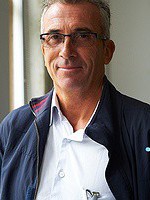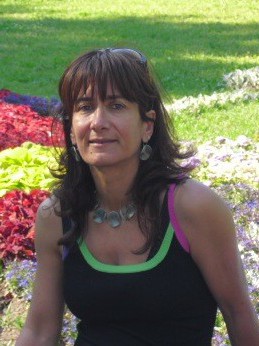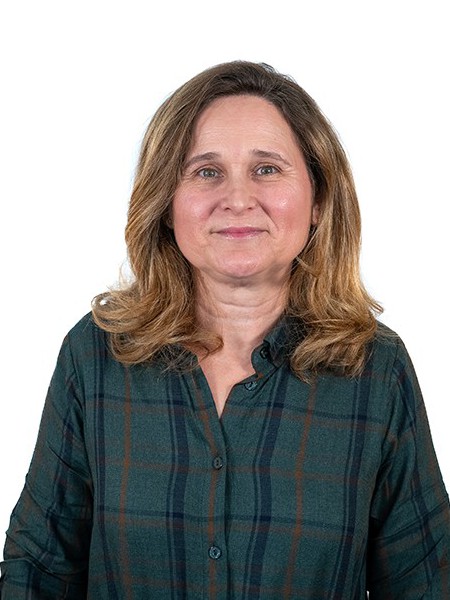resumo
Slaker grits (SG) and biomass fly ash (BFA), two waste streams generated in the pulp and paper industry, are commonly disposed of in landfills, a practice with a high economic and environmental burden. In this work, their individual valorization as fillers in a commercial screed mortar formulation was evaluated in order to achieve a more sustainable management practice. The waste streams were characterized in terms of true density, particle size and morphology, and chemical and mineralogical composition. The influence of their incorporation amount (5.0, 7.5, and 10.0 wt.% of the total solids) and pre-treatment (sieving and grinding) on the fresh (workability) and hardened state (density, water absorption by capillarity, and flexural and compressive strength) properties of the mortars were assessed. The results show that the addition of 10.0 wt.% of the SG after milling and sieving (<75 mu m) and 7.5 wt.% of BFA in the as-received condition, or up to 10.0 wt.% after grinding and sieving (<63 mu m), allowed for the production of mortar samples with properties within the recommended specifications and that were resistant to 25 consecutive freeze-thaw cycles. This waste valorization route could represent an economic benefit of up to 8.85 euro/t(mortar) and 2.87 euro/t(mortar) for mortar, and pulp and paper companies, respectively.
palavras-chave
REUSE
categoria
Biochemistry & Molecular Biology; Chemistry
autores
Capela, MN; Vilarinho, IS; Vieira, I; Tarelho, LAC; Seabra, MP; Labrincha, JA
nossos autores
Projectos
InPaCTus - Innovative Products and Technologies from Eucalyptus Project (InPacTus)
CICECO - Aveiro Institute of Materials (UIDB/50011/2020)
Associated Laboratory CICECO-Aveiro Institute of Materials (LA/P/0006/2020)
agradecimentos
This work was supported by Portugal 2020 through European Regional Development Fund (ERDF) in the frame of Operational Competitiveness and Internationalization Program (POCI) in the scope of the project INPACTUS, POCI/01/0247/FEDER/21874 and project CICECO-Aveiro Institute of Materials, UIDB/50011/2020, UIDP/ 50011/2020 & LA/P/0006/2020 cofinanced by national funds through the FCT/MEC (PIDDAC). It is acknowledged the financial support to CESAM-Centre for Environmental and Marine Studies by the Portuguese Foundation for Science and Technology (FCT)/Ministry of Science, Technology and Higher Education (MCTES) (UIDP/50017/2020+UIDB/50017/2020+LA/P/0094/2020), through national funds.





